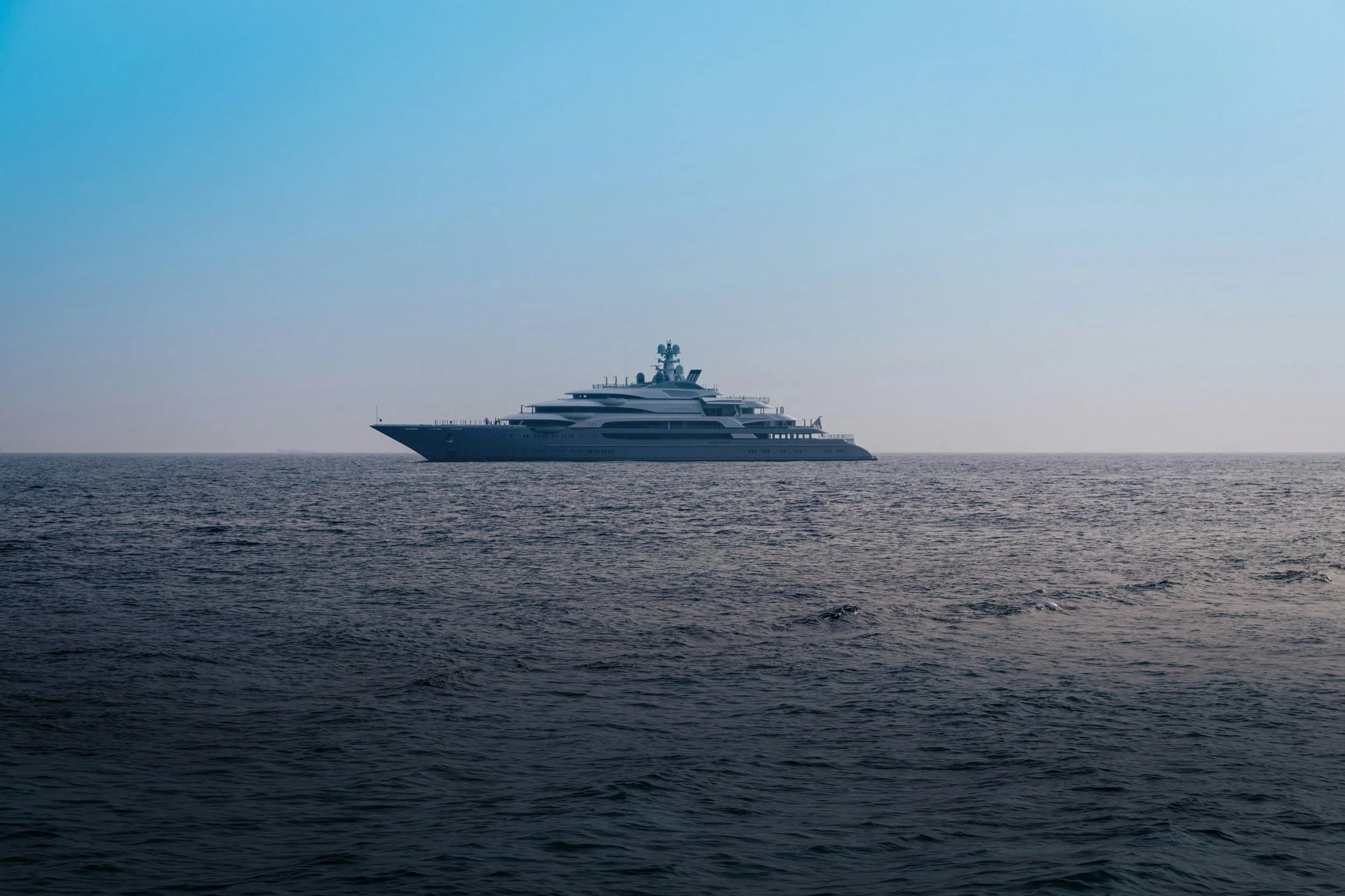
chartering in thailand
fiscal representation
Yacht Compliance
Thailand now allows both Thai-flagged and foreign-flagged private or commercial yachts to operate within its waters, subject to compliance with the Thai Vessel Act and associated regulations.
Without a charter license, foreign-flagged yachts may only remain in Thailand under temporary admission and cannot legally conduct charters.
Chartering without the proper license in Thailand can lead to seizure of the yacht, fines, and deportation of guests or crew.
Verventia is the only dedicated company through which superyacht owners, via their Captain, Central Agent or management company, can apply for the license and operate commercially.
Below you’ll find everything you need to know about operating a foreign-flagged charter superyacht in Thailand.
-
Thai-flagged yachts wishing to charter must hold a valid Commercial Vessel License issued by the Marine Department.
Qualifying (see below) foreign-flagged superyachts may charter under a Superyacht Charter License (SCL) regime introduced in 2015 but only finalised in 2021.
This license was designed to exempt such superyachts from Thai import duties, allowing them to charter in Thai and surrounding international waters, provided they operate all commercial activity through a Thai fiscal representative (TFR) which is responsible for obtaining the license, declaring all movements, and paying the required taxes.
To qualify for the foreign superyacht charter license, yachts must be registered as over 30m LOA (currently – this limit is anticipated to be lowered to 24m shortly), properly insured (both H&M and PI policies) to include chartering, and fully compliant with all required safety and seaworthiness regulations.
Without this license, foreign-flagged yachts may only remain in Thailand under temporary admission and cannot legally conduct charters.
-
Temporary Admission: Yachts can enter for up to 12 months (extendable) without any import duties or VAT on the value of the vessel, provided the yacht is used only privately or for chartering under the superyacht charter license scheme.
Superyacht Charter License: Allows foreign yachts over 30m to charter legally without full importation. The yacht can operate commercially in Thai waters and surrounding international waters, provided it complies with the regulations as above and adheres to specific reporting requirements through the TFR.
-
Thailand applies a standard VAT rate of 7% and a nominal Corporate Income Tax rate of 5% on charter fees
VAT and CIT is levied on all charters commencing or finishing in Thailand, regardless of the nationality of the charterer.
Income derived from charters is taxable in Thailand. The TFR must file income tax and VAT returns on behalf of the owning company.
Fiscal representation
Non-Thai owning companies wishing to charter superyachts in Thai waters must appoint a local fiscal representative (TFR) as their commercial management company in Thailand.
As the only dedicated company you can book a charter license with, Verventia offers full service fiscal representation to superyacht charter companies, brokers, managers and owners.
As your fiscal representative, we take care of everything for you - from tax to invoicing to VAT, and advice on customs and immigration such as crew visas.
Below you’ll discover everything you need to know about fiscal representation, and the benefits of working with Verventia.
-
As your TFR, Verventia handles the license application, movement reports to the Marine Department, VAT and CIT registration, compliance, and filings with the Revenue Department.
The yacht may issue VAT invoices to its charterers in USD or EUR as normal. The TFR then makes the required tax declarations and pays them to the Thai Revenue Department in Thai baht, including a clear breakdown of the charter fee and VAT and CIT applied.
-
Charter contracts must be registered with Thai authorities through the TFR before commencement of the charter.
Contracts must clearly state the itinerary, embarkation/disembarkation ports, and charter fee.
Invoices should be issued by the owning company or its management company or representative, as normal.
-
All fuel and supplies acquired in Thailand for charter operations are subject to the usual 7% VAT. This cannot be reclaimed against any output tax.
Fuel may also be subject to local excise duties depending on the port of supply.
-
Advanced Provisioning Allowance (APA) is treated as part of the charterer’s consumption.
Expenses incurred under APA (fuel, food, services) are generally VAT inclusive and cannot be exempted.
-
If the Ultimate Beneficial Owner (UBO) wishes to use the yacht in Thailand, each voyage must be declared by the TFR to the relevant authorities. There is no need for a charter contract, and no tax payable on use by the owner.
-
Crew and passengers must comply with Thai immigration rules; advance passenger lists and clearance are mandatory.
Customs declarations are required for all onboard goods and spare parts.
The TFR must report all movements to the Marine Department whether chartering, relocating between provinces, moving to refit and repair yards, and so on.
-
Chartering without the proper license in Thailand can lead to seizure of the yacht, fines, and deportation of guests or crew.
Incorrect tax reporting may result in back taxes plus surcharges of up to 1.5% per month and administrative penalties.
Your Fiscal Representative in Thailand
Verventia is the only dedicated company (TFR) in Thailand that can offer foreign flagged yachts fiscal representation and obtain a charter license on your behalf.
Verventia Company Ltd
Nautica Villa
156/30 Moo 5 Boat District
83000 Phuket
Thailand
info@verventia.com
A new frontier for superyachts, and a major Milestone for Thailand and asia
The Superyacht Spice Route to Asia from the Mediterranean offers an alternative itinerary and destination for owners and charter customers who want more from the winter months.
With Thailand’s doors now open, charterers gain access to one of the most exciting, diverse, and unexplored yachting playgrounds on earth.


